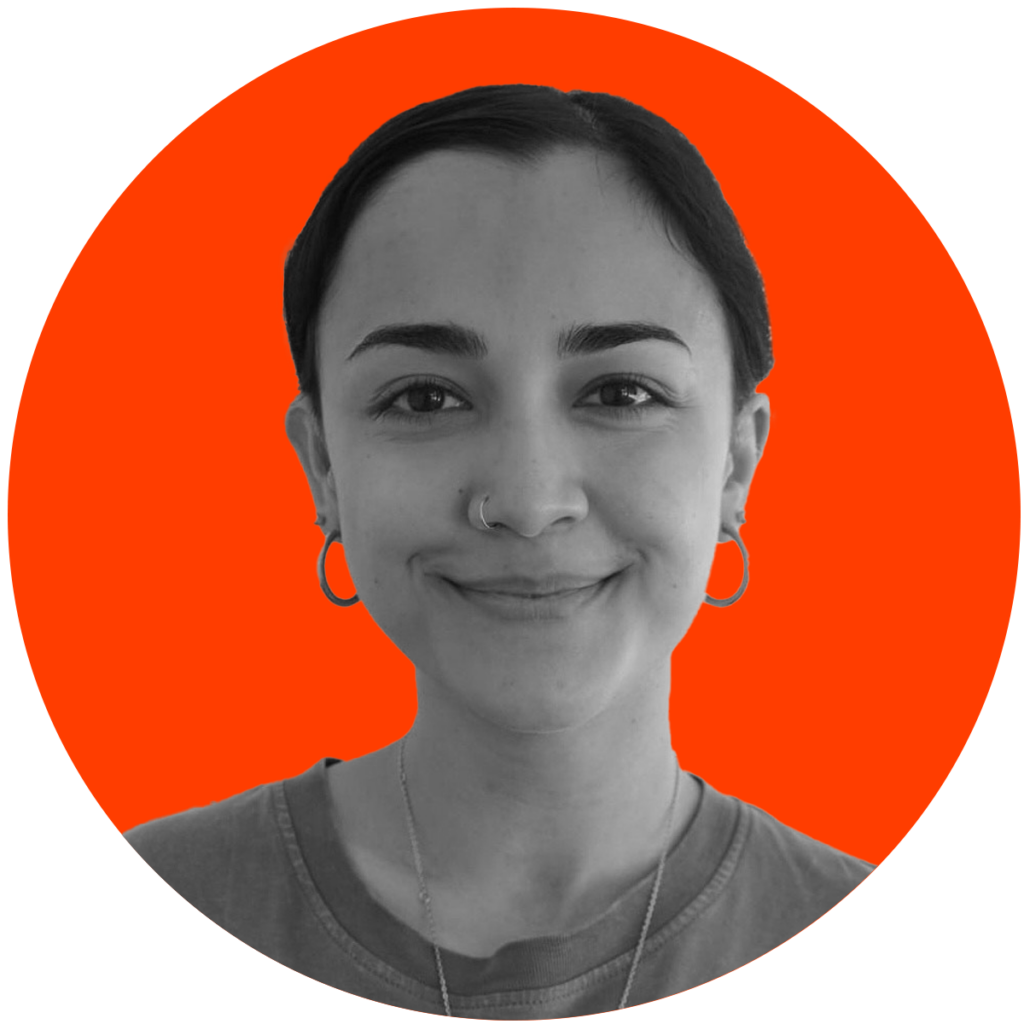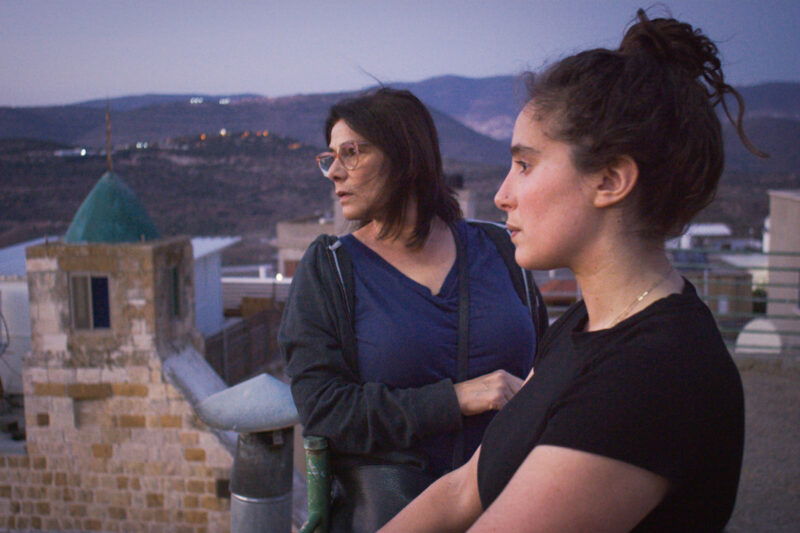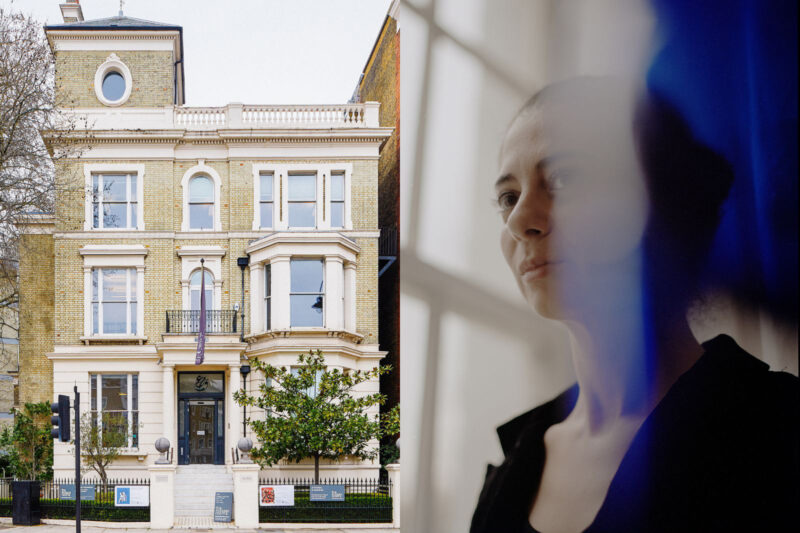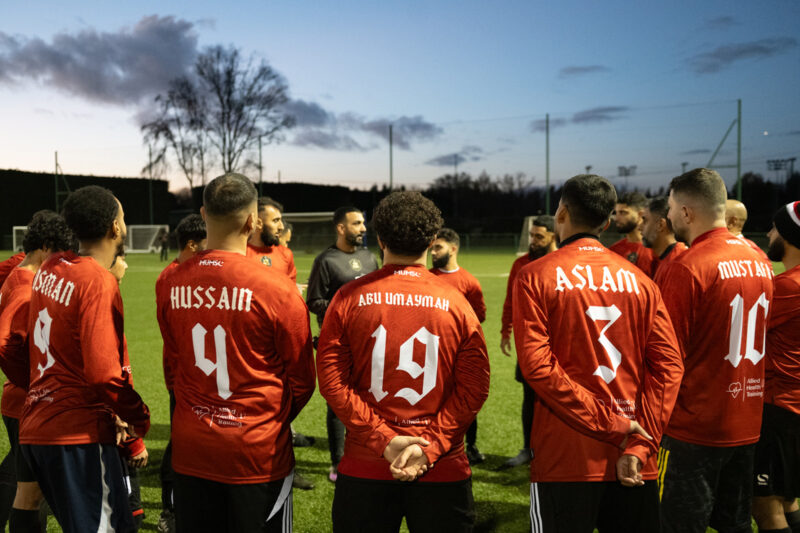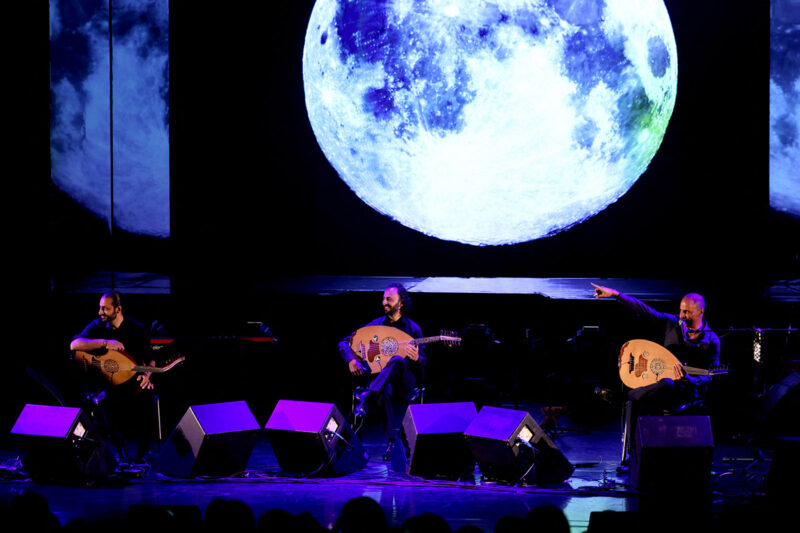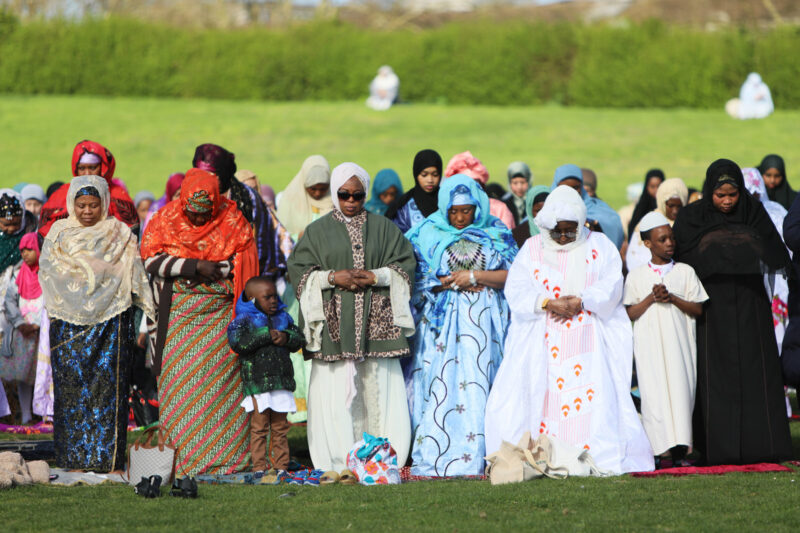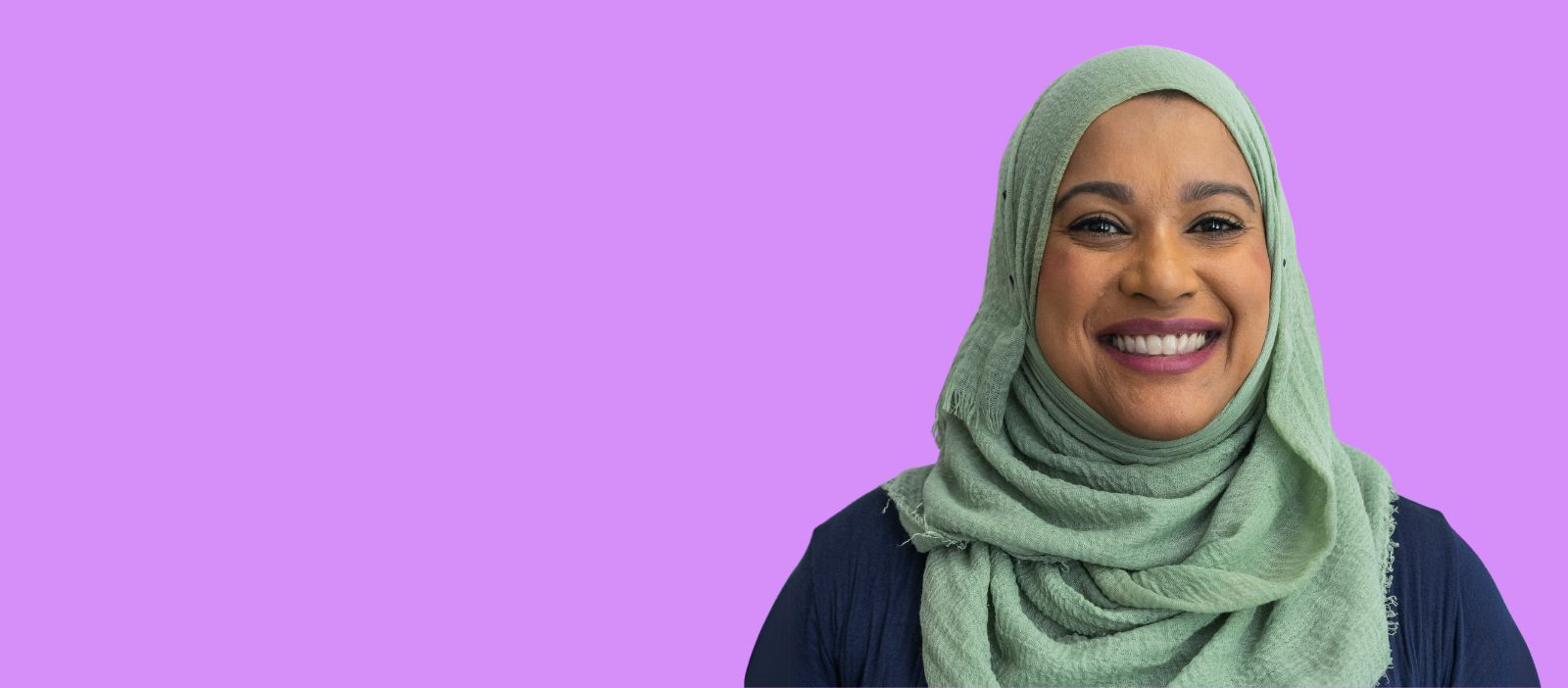
Ruhi Loren Akhtar: ‘We always have to speak louder to be heard’
Ruhi Loren Akhtar founded her aid charity after seeing shocking images of three-year-old Alan Kurdi, the Syrian refugee who drowned trying to reach Greece. Photograph courtesy of Ruhi Loren Akhtar
The founder of charity Refugee Biriyani & Bananas on the lack of diversity in the humanitarian field, and the challenges of working in Gaza
Ruhi Loren Akhtar recalls becoming aware of the inequalities around her at a young age, sparking a desire to help others in some way. Born to Bangladeshi parents in Morpeth, Northumberland, she spent a year living in Bangladesh as a teenager before moving back to the UK and beginning a career as a diabetes specialist in the NHS.
When, in September 2015, the shocking images emerged of three-year-old Alan Kurdi who drowned trying to reach Greece from Syria by small boat, Akhtar felt compelled to volunteer in the refugee camps in Calais and Dunkirk.
That same year, she founded Refugee Biriyani & Bananas (RBB), an aid initiative providing emergency relief in the form of food and essential hygiene products to those fleeing war and conflict, as well as skills and leadership training. The organisation is currently working in Gaza and Greece.
In October, Akhtar, 36, was awarded person of the year at the North East Bangladeshi Awards for her commitment to serving displaced communities.
She spoke with Hyphen about RBB’s work in Gaza and the challenges of being a Muslim woman in the humanitarian field.
This interview has been edited for length and clarity.
Your first time volunteering was during the so-called refugee crisis, when more than a million fleeing conflicts arrived on European shores in 2015. Can you tell me about that experience?
At first I got involved with some local groups in Northumberland doing aid collections for Syria. Those groups also worked in Calais and Dunkirk, so I decided to go and see the situation on the ground for myself.
I was absolutely shocked to see men, women and children staying in these tents in the freezing cold, in modern-day Europe. Just across the Channel, you’ve got the UK. Then you’ve people fleeing war and oppression in tents, or they’re living in containers with cockroaches, scabies and rats. I knew I couldn’t turn my back on it.
Where did the idea for Refugee Biriyani & Bananas come from?
While volunteering in Dunkirk, people realised I was South Asian. There were a lot of Afghans and Pakistanis in the camps so at first we got into a conversation about cricket. But then they started telling me about the food they were served. Often, it’s a small microwave-style meal. Sometimes it’s rotten with maggots or not culturally appropriate. All they wanted was a home-cooked meal.
So I thought, why don’t we make biryani for everybody? I published a post online asking for donations, which went viral. It was the potluck of all potlucks — people from all over Europe helped. We raised £2,000 for the halal meat. Miraculously, there was a temporary kitchen there at the time, which helped us cook the produce and distribute it. It could have been a logistical nightmare, but I had the belief that inshallah everything would work out. I think it’s the intention that matters. The initial biriyani mission fed 2,500 people in the Dunkirk camp. We called ourselves Refugee Biriyani Bananas, but it was never meant to be an organisation — I’m more an accidental chief executive.
How have you found navigating the humanitarian sector as a Muslim woman?
There’s definitely a lack of diversity in the humanitarian world. There aren’t many Muslim women or women of colour. I’ve also come across racism in some of the countries I’ve worked in, like Greece. When you’re an aid worker coming to help, you can be looked at negatively, especially if you’re brown and in a headscarf. I’ve been stopped at the border many times, and even taken to the police station because they thought my passport wasn’t real. So it can be challenging as we always have to speak louder to be heard. But we have to stand our ground for the sake of the people we’re there to help.
What is your organisation doing to make the field more inclusive?
We’re a very diverse team — 80% of the team are from the displaced community themselves, representing 10 countries and different languages. The people we support relate to that.
We also have a community humanitarian leaders programme where we employ refugees and provide them with NGO training.
Your latest project is based in Gaza. What challenges have you faced there?
We first went to Cairo in February to send our initial truck of aid. It did reach our field team and they were able to distribute it. Then we went back in March and sent another truck. Alhamdulillah, this also reached Gaza. Both trucks prioritised food items and parcels, dates for Ramadan and sanitary products.
We planned to send another two trucks of aid in May. Unfortunately the Rafah invasion escalated and the crossing was closed. Since then, those two trucks have been stuck at al-Arish. We are still trying to get them into Gaza, and as we’ve been trying to decide what to do with the trucks, our teams inside have been able to buy aid. In November, they were able to distribute 300,000 litres of water in different areas of southern Gaza.
This is one of the hardest situations our team and I have ever come across in terms of procuring, buying, sending and distributing aid — and we’ve previously worked in places like Syria, Ukraine and Iraq. The Israeli authorities have made it so difficult; they’re essentially starving people. But we will continue to keep trying.
What drives you?
It definitely comes from my faith. We’re told to care for each other and to see everybody as equals. It also comes from my family. My parents always instilled in us that it’s good to support others if you can, especially if you come from a place of privilege where you’ve got the most basic necessities of food and shelter.
 Newsletter
Newsletter

